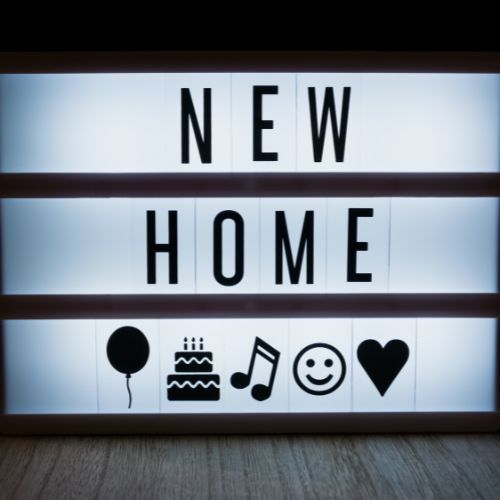
Unveiling the Magic of Mirrors in Home Decor: Beyond Beauty and Reflection
|
|
Time to read 2 min

Welcome to our hub of new arrivals! Explore our latest additions, constantly...
|
|
Time to read 2 min
Mirrors have long held a fascination in various cultures and interior design paradigms, transcending beyond their basic function of reflection. From Feng Shui to modern interior design, mirrors are not just decorative elements but powerful tools that can transform spaces. This article explores the multifaceted role of mirrors in homes, examining their symbolic significance, practical utility in design, and the psychological aspect often likened to the myth of Narcissus.
The Enchantment of Mirrors Mirrors have been objects of intrigue and mystique throughout history. They are seen as gateways to other worlds, tools of magic, and symbols of truth and clarity. In interior design, mirrors are used for their ability to manipulate perception, creating an interplay of light and space that can dramatically alter the feel of a room.
Mirrors in Feng Shui In the ancient Chinese practice of Feng Shui, mirrors are believed to have powerful energy (Chi) and are used strategically to balance and harmonize the energy of a space. They are known to attract positive energy, amplify it, and redirect it, thereby enhancing the overall wellbeing and fortune within a home. However, their placement is crucial - a mirror facing the front door, for instance, is believed to push away energy, while one placed in the living room can bring in the beneficial Chi.
Interior Design and Mirrors Professional interior designers utilize mirrors for several practical reasons:
Psychological Perspective: The Narcissus Syndrome The myth of Narcissus, who fell in love with his reflection, often comes up in discussions about mirrors. Psychologically, mirrors do play into our fascination with our image, which can be seen as a form of self-appreciation or, in extreme cases, narcissism. However, in the context of home decor, mirrors are less about vanity and more about the creative and strategic use of space and light.
Love your mirrors! The power of mirrors in home decor is undeniable. Whether it's for enhancing Feng Shui, manipulating space and light in interior design, or adding an element of beauty and intrigue, mirrors have a significant role in shaping the atmosphere of a home. Far from being mere tools for vanity, they are dynamic elements that contribute to the aesthetic and energetic balance of living spaces.